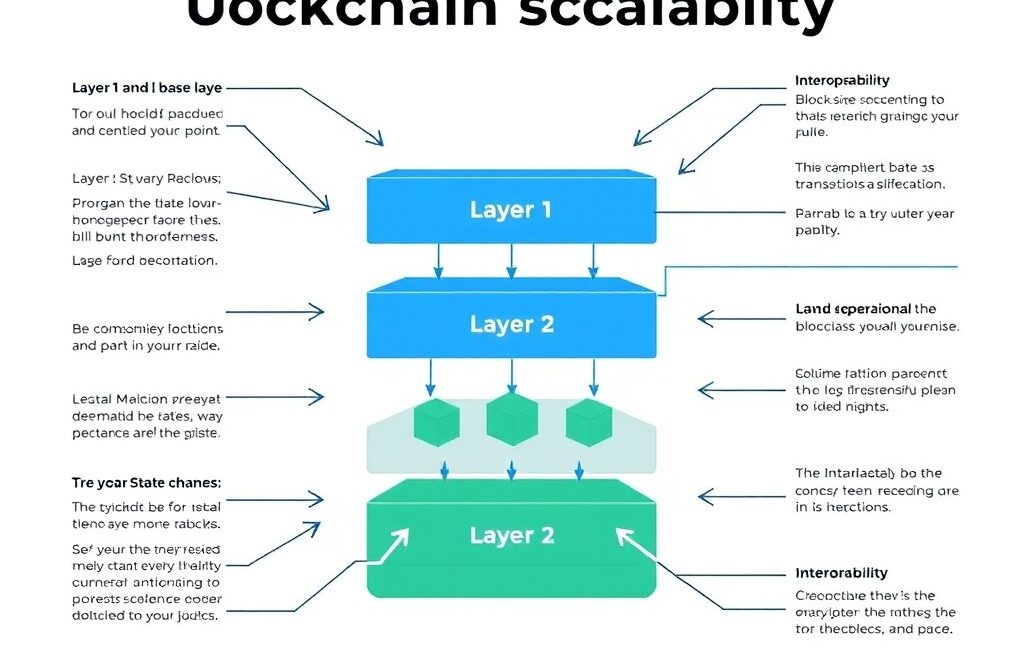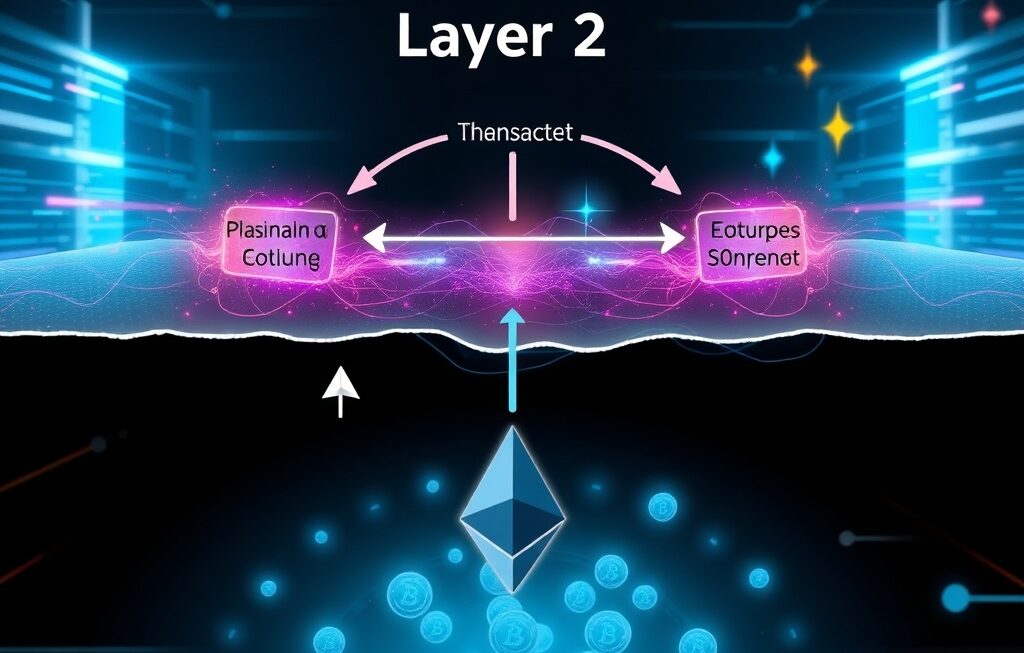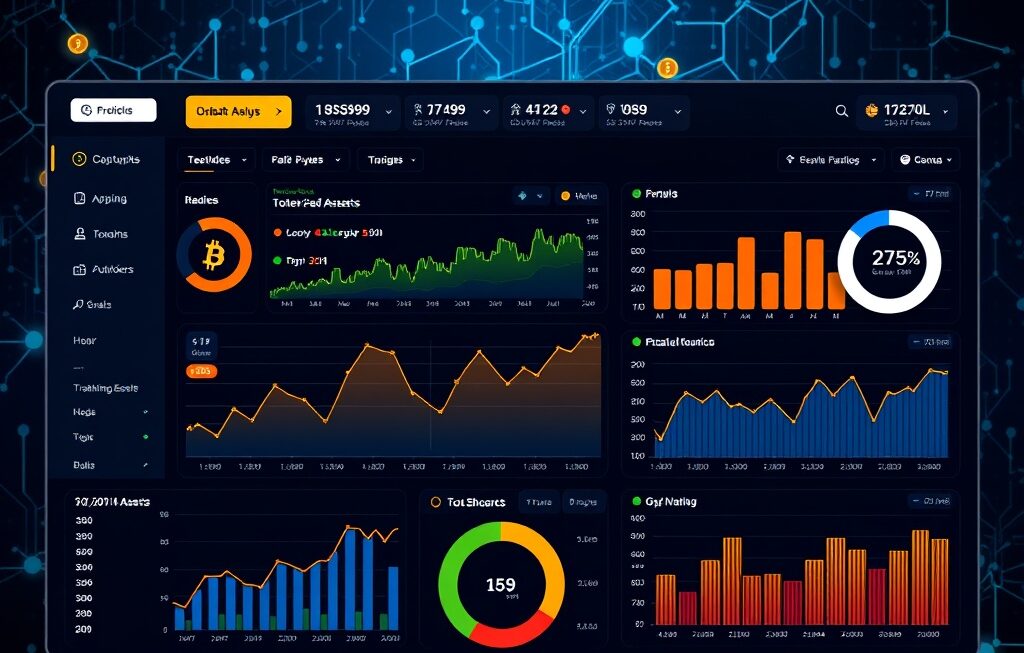In the fast-evolving world of cryptocurrency, privacy has become one of the most discussed and debated topics. While blockchain technology is celebrated for its transparency, this very feature can also be a double-edged sword. Every transaction recorded on a public ledger can be traced, analyzed, and linked to individuals — even when pseudonyms are used. This is where privacy coins come into play, offering a solution that aims to protect financial anonymity in the digital age. The growing importance of privacy coins and the future of anonymous transactions highlights a crucial conversation about personal freedom, financial security, and the balance between privacy and regulation.
Over the years, cryptocurrencies such as Bitcoin and Ethereum have proven that decentralized digital money can transform global finance. However, they are not truly anonymous — they are pseudonymous. Once a wallet address is connected to an individual, all related transactions can be tracked. Privacy coins take this one step further by using advanced cryptographic techniques to obscure transaction details, making it nearly impossible to trace who sent what to whom. This innovation represents a major shift toward financial autonomy and data protection.
What Are Privacy Coins?
Privacy coins are cryptocurrencies designed specifically to keep transaction data hidden from public view. Unlike traditional cryptocurrencies, which record every transaction on an open blockchain, privacy coins use technologies such as zero-knowledge proofs, ring signatures, and stealth addresses to enhance anonymity.
Monero (XMR), Zcash (ZEC), and Dash (DASH) are some of the most well-known privacy coins. Each employs a different method to achieve privacy. Monero, for instance, uses ring signatures and stealth addresses to obscure both the sender and receiver’s information. Zcash utilizes zero-knowledge proofs (known as zk-SNARKs), allowing transactions to be verified without revealing the details. Dash offers an optional privacy feature called PrivateSend, which mixes transactions to make tracing difficult.
These mechanisms make it incredibly challenging for third parties — including governments, hackers, and corporations — to track users’ financial activities. As privacy concerns continue to rise globally, these coins represent a movement toward reclaiming personal control over financial data.
Why Privacy Matters in Cryptocurrency
Privacy is not just about secrecy; it’s about freedom and security. In a world where data breaches, surveillance, and digital profiling have become common, financial privacy serves as a safeguard for individuals. It protects people from identity theft, targeted attacks, and corporate data mining.
For instance, activists, journalists, and individuals living under restrictive regimes often rely on privacy-focused cryptocurrencies to receive support or make payments without fear of persecution. Businesses, too, may benefit from privacy when handling sensitive transactions that could expose trade secrets or strategic information if made public.
Moreover, privacy is a fundamental right. Just as people expect confidentiality in their banking transactions, many argue that digital money should offer the same level of discretion. The rise of privacy coins and the future of anonymous transactions underline the growing demand for secure, censorship-resistant financial systems.
How Privacy Coins Work
To understand how privacy coins protect user anonymity, it’s essential to look at their underlying technologies. These innovations ensure that transactions remain verifiable while concealing critical details like sender identity, recipient address, and transaction amount.
- Ring Signatures: Used by Monero, ring signatures mix a user’s transaction with others, making it impossible to determine which signature belongs to which participant. This creates a “ring” of potential senders, ensuring plausible deniability.
- Stealth Addresses: This technique generates unique one-time addresses for every transaction. Even if someone knows your public wallet address, they cannot link it to a specific payment.
- Zero-Knowledge Proofs (zk-SNARKs): Employed by Zcash, this cryptographic method enables verification of transactions without revealing any details. It proves that a transaction is valid without disclosing who sent it or how much was transferred.
- Coin Mixing: Some privacy coins and platforms use mixers that shuffle multiple transactions together, making it difficult to trace individual movements of funds.
These technologies create a level of privacy comparable to cash transactions but in a digital and decentralized environment. They not only protect user identity but also strengthen the security and fungibility of cryptocurrencies.
The Regulatory Debate Around Privacy Coins
Despite their advantages, privacy coins have sparked intense debates among regulators worldwide. Governments and financial authorities argue that full anonymity could facilitate illegal activities such as money laundering, tax evasion, and terrorist financing. This has led to privacy coins being delisted from several major exchanges and subjected to stricter scrutiny.
However, advocates counter that privacy coins are not inherently criminal tools — they are instruments for protecting personal freedom in the digital realm. Just like cash, they can be used for legitimate purposes, and punishing privacy technology risks undermining innovation and civil liberties.
Balancing privacy with compliance remains one of the biggest challenges in the crypto industry. Some developers are working on solutions that allow privacy features to coexist with regulatory frameworks. For example, Zcash offers both transparent and shielded transactions, allowing users and regulators to choose the level of visibility they need.
The Future of Anonymous Transactions
As digital surveillance expands and financial systems become increasingly centralized, demand for privacy-enhancing technologies is expected to grow. Privacy coins will continue to evolve, offering more sophisticated methods for protecting user data while addressing regulatory concerns.
In the future, privacy may not necessarily mean secrecy but selective disclosure. Emerging projects are exploring the idea of “programmable privacy,” where users can control what information is shared and with whom. This could allow for compliance with anti-money-laundering (AML) laws while still preserving personal anonymity.
Moreover, decentralized finance (DeFi) platforms are beginning to integrate privacy layers that protect users without compromising transparency. These advancements indicate that anonymous transactions will remain a core feature of the cryptocurrency ecosystem, even as global regulations tighten.
Risks and Limitations
While privacy coins offer undeniable benefits, they also face significant challenges. Price volatility, limited exchange availability, and government crackdowns can affect their accessibility and adoption. Additionally, the complexity of privacy technologies can make these coins harder to use for everyday consumers.
There’s also the issue of perception. Because privacy coins are sometimes associated with illicit activities, mainstream investors and institutions tend to avoid them, reducing their liquidity compared to popular cryptocurrencies like Bitcoin or Ethereum. However, as public understanding of digital privacy improves, this stigma may fade.
Integration with Broader Financial Systems
Interestingly, the principles behind privacy coins are beginning to influence mainstream finance. Major institutions are now experimenting with private blockchain networks that allow confidential transactions while meeting regulatory requirements. Central Bank Digital Currencies (CBDCs) are also considering limited privacy options to balance transparency with user protection.
In this sense, privacy coins are acting as pioneers, pushing the boundaries of what’s possible in digital finance. Their innovations are shaping how both decentralized and centralized systems handle sensitive data in the years ahead.

In Summary: Privacy Coins and the Future of Anonymous Transactions
Privacy coins and the future of anonymous transactions represent one of the most critical discussions in the cryptocurrency industry. As societies move toward a fully digital financial system, preserving the right to privacy will be essential to maintaining freedom and trust. Technologies like Monero and Zcash are not just tools for anonymity — they are symbols of resistance against unchecked surveillance and control.
While regulation and innovation must find common ground, the growing demand for financial privacy is undeniable. The evolution of privacy coins shows that the desire for secure, independent, and confidential digital money will continue to shape the future of global finance. In this new era, privacy is not a luxury — it’s a necessity.




